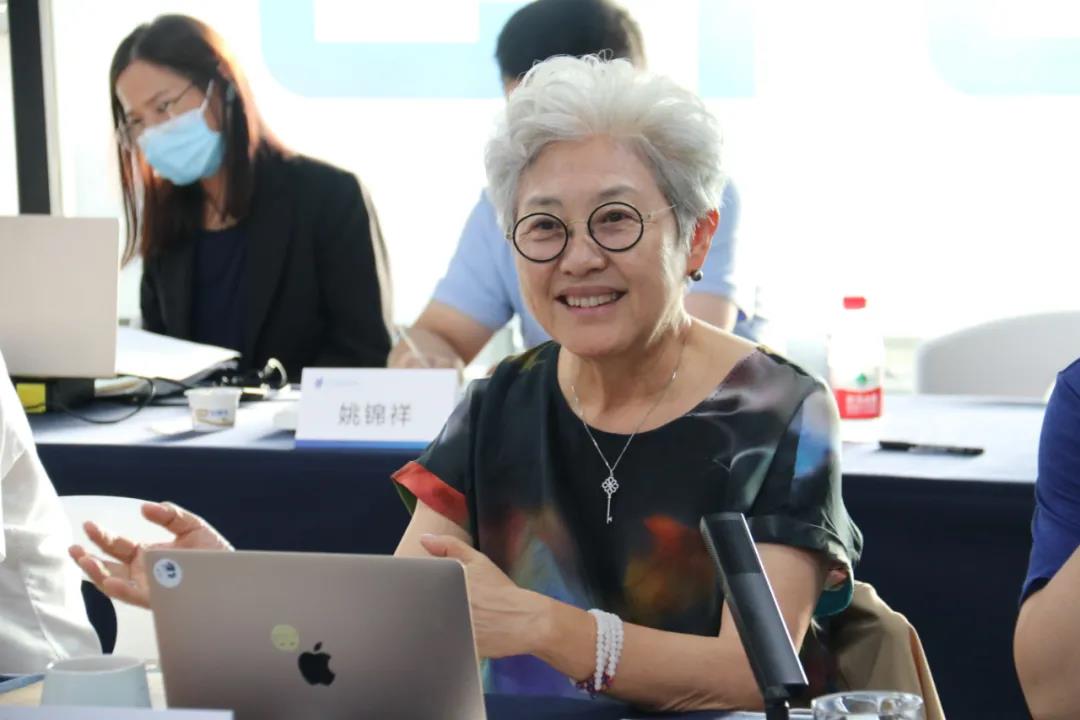On August 27, 2021, the Center for International Security and Strategy (CISS) at Tsinghua University held its 18th Security and Strategy Symposium & Mid-Year Seminar themed “A Look Ahead: China’s Relations with the Rest of the World in the Post-Pandemic Era,” convening more than 30 participants, including members of the CISS academic committee, CISS fellows and invited experts.
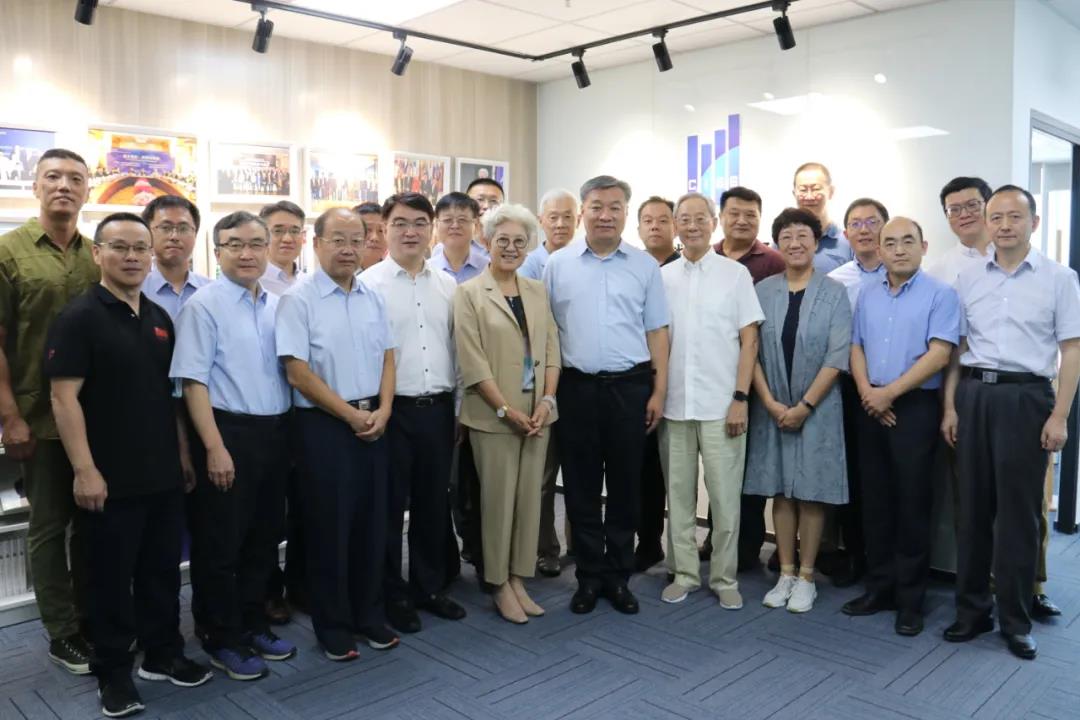
Mr. MIAO Deyu, Director-General of the Policy Planning Department at the Ministry of Foreign Affairs of China, was invited to give a briefing on the current international situation and China’s major diplomatic efforts since this year.
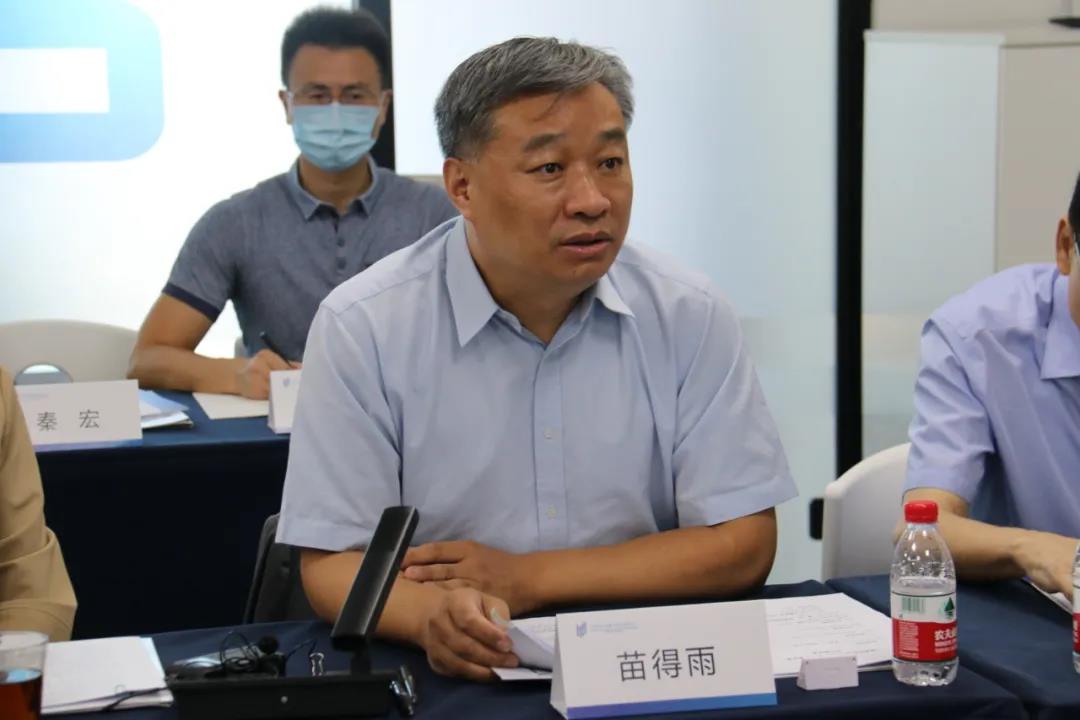
The event was divided into two sessions. The morning session entitled “A Look Ahead: World and Global Agendas and Trends in the Post-Pandemic Era” was moderated by Professor DA Wei, Deputy Director of CISS. In this session, the panelists presented the opportunities and challenges in their respective fields concerning the COVID-19 pandemic, COVID origins investigations, climate change, China-US relations and the Beijing Winter Olympics, and shared their insights into important global agendas in the post-pandemic era.
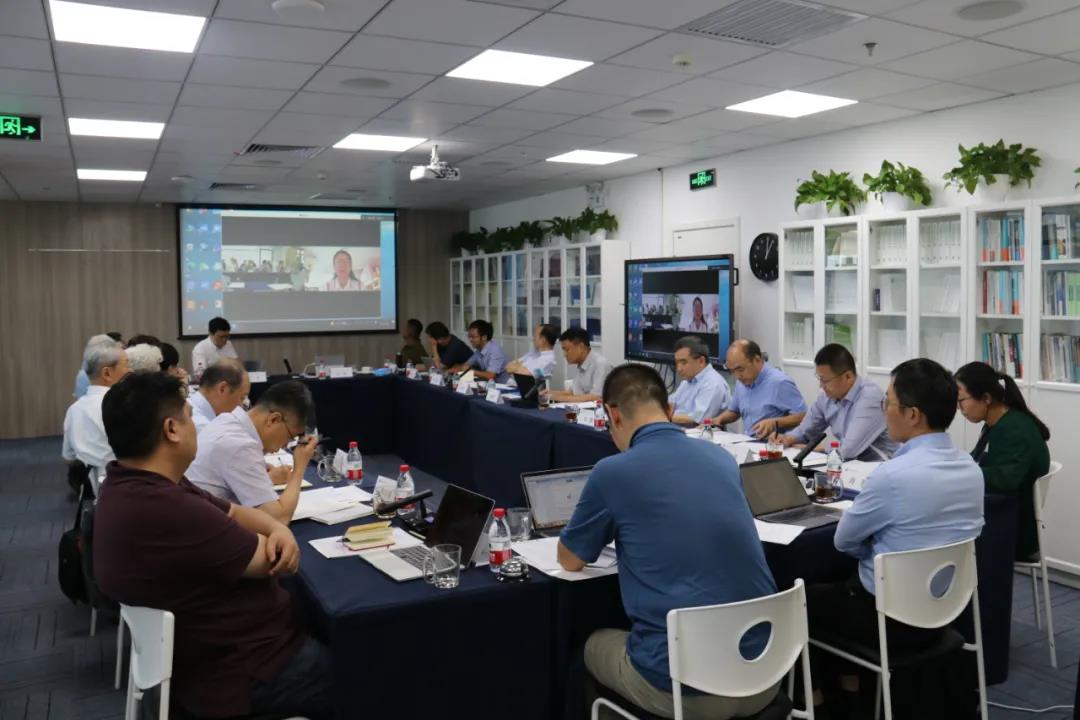
The afternoon session was entitled “China’s Relations with the Rest of the World in the Post-Pandemic Era,” which was moderated by CISS Fellow AN Gang. The discussants exchanged views on the current and future trends in the international landscape, global economic recovery and technological evolution, international security relations, as well as regional hotspot issues (Afghanistan and the Korean Peninsula). Taking stock of past practices and lessons learned, they explored possible challenges facing China’s ties with the rest of the world in the post-pandemic era and proposed relevant countermeasures.
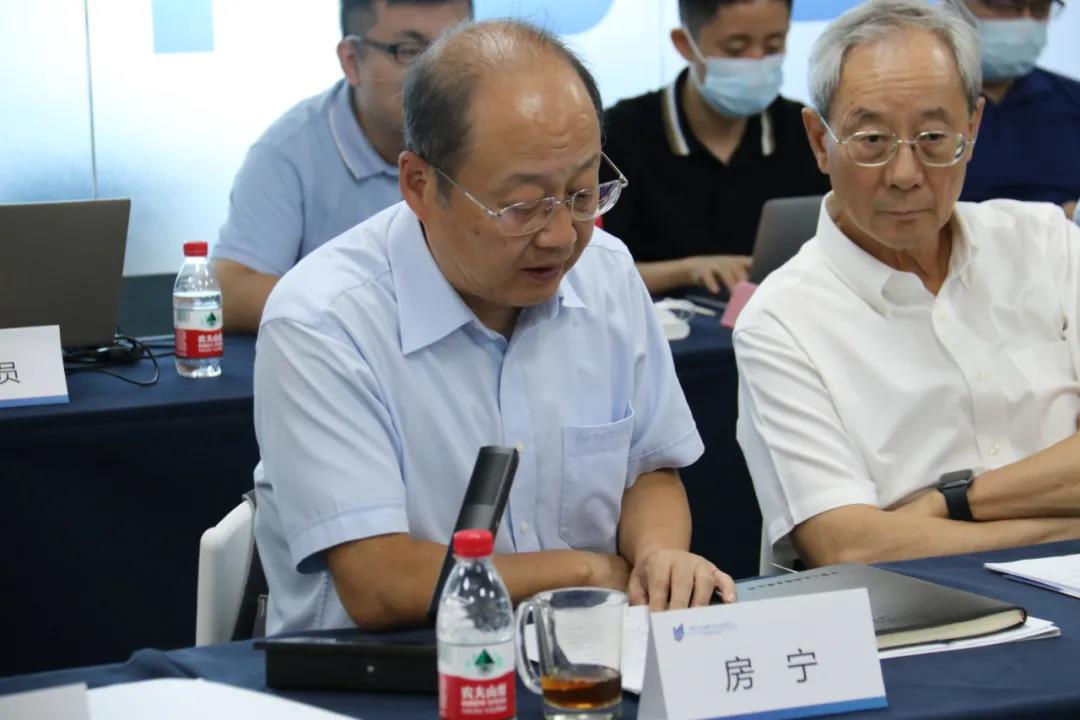
The experts believe that the developments of the COVID-19 pandemic, major power competition, technological iteration, and transnational crises and challenges (economic recovery, climate change, etc.) will be the key tone-setters for the post-pandemic world. Whether it will move toward confrontation, division and conflict, or toward stability, solidarity and prosperity, depends largely on the strategic choices of all stakeholders as well as the willingness, ability and effectiveness of the international community to work together to address a complex and interconnected set of agendas.
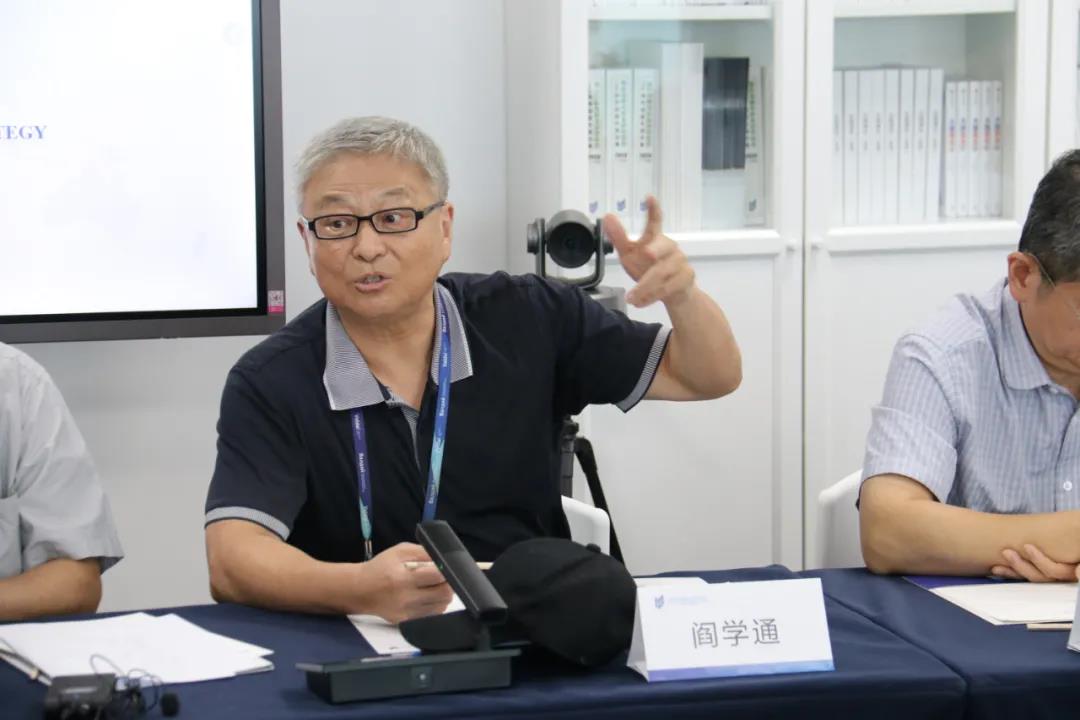
Mme. FU Ying, Chair of CISS, said in her concluding remarks that such regular internal seminars, which serves as a platform for CISS to hear a wide variety of professional opinions from experts in various fields, empowers CISS to contribute to China’s diplomacy by better identifying important developments in a timely manner, understanding the diplomatic terrains, focusing on hotspot issues in the international society, and serving to provide ex ante warning and ex post assessment as well as to enrich the China-related international information base.
